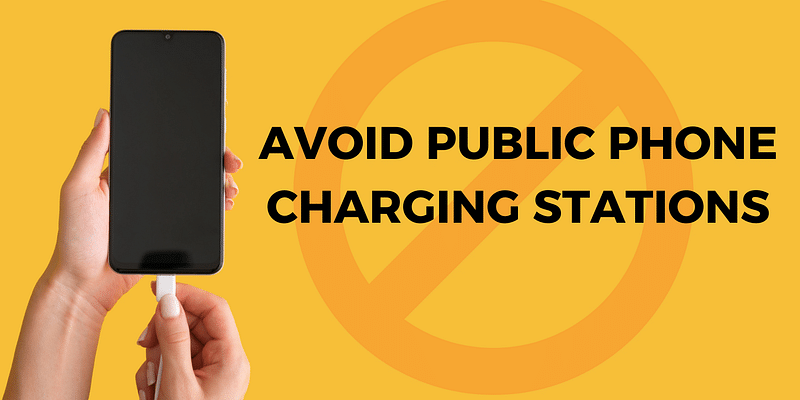
In today’s mobile world, finding a charging station at an airport, hotel, or shopping mall feels like stumbling upon an oasis in a desert. Yet, the Federal Bureau of Investigation (FBI) and the Federal Communications Commission (FCC) have sounded alarms about the risks these convenient charging spots pose. Public USB stations are no longer just power sources; they’re potential gateways for cybercriminals to access your personal data.
Understanding Juice Jacking
“Juice jacking” is a term that sounds innocuous but represents a serious cyber threat. It describes the act of using public charging stations to install malware on devices connected to them. This malware can lock the device or export sensitive information such as personal data and passwords to the cybercriminals. This stolen data can be used for a range of malicious activities, from identity theft to unauthorized access to your online accounts.
Official Warnings and Recommendations
The FBI and FCC’s advisories underscore the importance of cybersecurity hygiene while using public USB ports. The FBI, in particular, has advised against the use of free charging stations in airports, hotels, or shopping centers, citing the risk of “bad actors” introducing malware and monitoring software onto devices. As a safer alternative, they recommend carrying your own charger and USB cord, allowing you to charge directly from an electrical outlet, thus circumventing the risk associated with public USB ports.
Protective Measures
Taking proactive steps can significantly mitigate the risk of falling victim to juice jacking. Using personal chargers connected to traditional electrical outlets or investing in portable power banks are recommended strategies. These approaches ensure that your device stays charged without compromising its security. Awareness and education about these cyber threats are crucial, especially for travellers who might find themselves frequently relying on public charging stations.
Cybersecurity in Travel
The broader context of these warnings includes a general reminder about the myriad of cyber threats facing travellers. Beyond juice jacking, the FBI has warned about the risks associated with using hotel wireless networks and other public internet access points. These environments are ripe for exploitation by cybercriminals looking to access unsuspecting victims’ personal and financial information.
The convenience of public USB charging stations comes with a caveat: the risk of exposing your device to cyber threats. By adhering to the FBI and FCC’s guidance—carrying personal charging equipment and avoiding public USB ports—travellers can protect themselves from juice jacking and other forms of cyber attacks. In our increasingly connected world, being mindful of cybersecurity is not just prudent; it’s essential.





![Read more about the article [Weekly funding roundup Dec 9-15] VC funding touches fourth highest level for 2023](https://blog.digitalsevaa.com/wp-content/uploads/2023/09/funding-roundup-LEAD-1667575602969-300x150.png)
![Read more about the article [Funding alert] Venture Catalysts and IAN lead Rs 5 Cr funding round in industrial robotics startup Peppermint](https://blog.digitalsevaa.com/wp-content/uploads/2021/09/Image6rec-1630475178194-300x150.jpg)



![Read more about the article [Funding alert] EV experience platform Blive raises $1 M in pre-Series A round](https://blog.digitalsevaa.com/wp-content/uploads/2021/03/Imagecqdz-1615958627628-300x150.jpg)